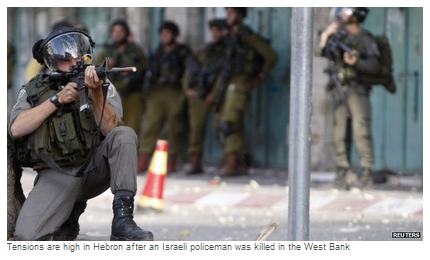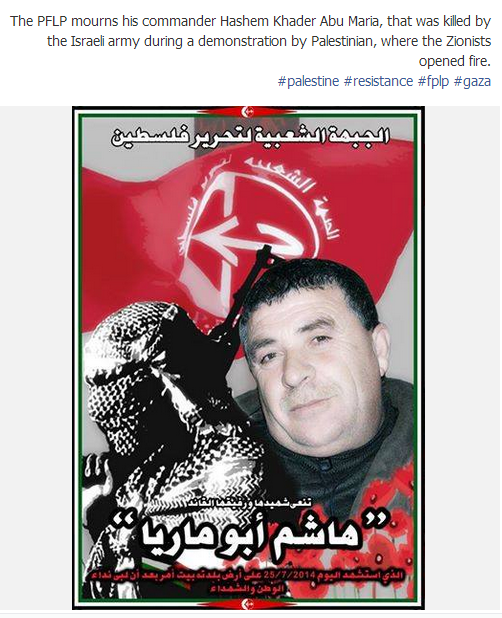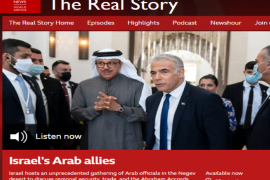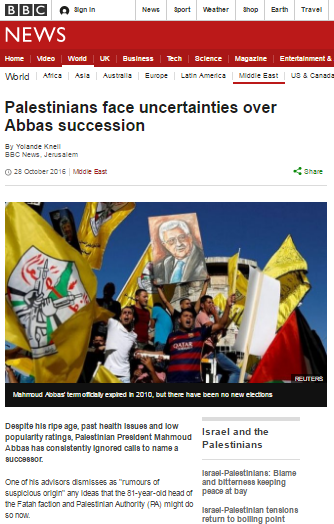On January 9th the BBC World Service radio programme ‘The Inquiry’ aired an edition titled “Why was Qasem Soleimani killed?” which was presented as follows in the synopsis: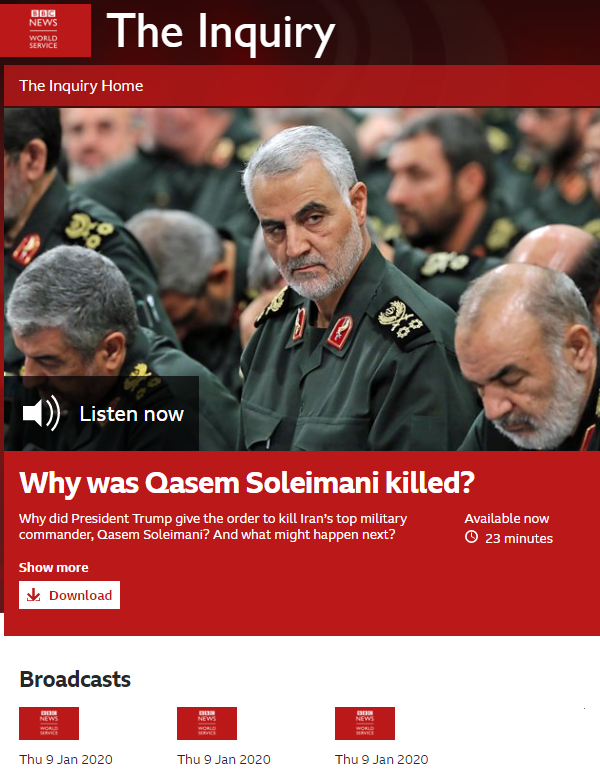
“President Trump’s decision to assassinate Qasem Soleimani came as a shock to America’s foes and allies alike. He was Iran’s top general and has been described as one of the country’s most powerful figures, second only to the Supreme Leader Ayotollah [sic] Ali Khamenei. He was, effectively, head of Iran’s foreign policy. He’s been credited as being instrumental in the fight against ISIS but has also been accused of arming and supporting terror groups. But why did Donald Trump order his death?”
Presented by Tanya Beckett and produced by John Murphy, that programme – which the webpage states will be “available for over a year” – includes a section (from 11:51) featuring a “witness” described to BBC audiences as follows: [emphasis in italics in the original, emphasis in bold added]
Beckett: “Our third witness, like our American military leaders, also encountered Qasem Soleimani in Iraq but he was on the same side in a militia working to bolster the position of Iraq’s Shia population. […] Qais Ghazali sees himself as a resistance fighter but to the Americans he was a terrorist. He was the leader of one of the most hard-line Shia groups in Iraq…”
Later on listeners hear that Ghazali (also spelt Khazali) “was part of a group that was attacking coalition soldiers” and that “in 2007 he was captured in a raid by British forces in southern Iraq”. Beckett goes on (from 14:19):
Beckett: “Qais Ghazali was released from prison in early 2010 in exchange for the British hostage Peter Moore, a computer consultant who’d been captured by Shia militiamen…”
As documented at ‘The Long War Journal’:
“In exchange for Qayis and his men, the U.S. government secured the release of a British hostage, Peter Moore, and the bodies of three of the four men who were kidnapped with him in the spring of 2007. Moore’s compatriots had been murdered by Khazali’s men; three of the bodies that were returned were riddled with bullet holes; the fourth was never recovered.”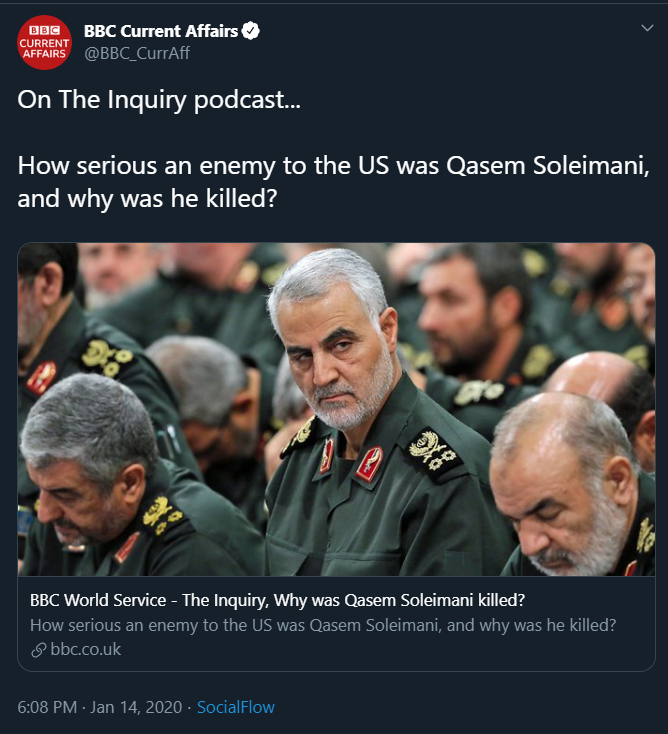
Beckett goes on to tell BBC audiences that:
Beckett: “…Shia groups like Ghazali’s had been instrumental in increasing Iranian influence over the Middle East and making the reality of Soleimani’s master plan to build a continuous link or a Shia crescent stretching from Iran, through Iraq and Syria, to Hizballah in Lebanon. This put the Iranians and Soleimani into direct conflict with America’s allies in the region such as Israel. Qais Ghazali himself travelled to the Israeli border, declaring his support for the Lebanese people and the Palestinian cause against what he calls the unjust Israeli occupation that is hostile to Islam. So, should Israel fear his group and Iran?”
Listeners then hear a voice-over translation of a statement from Ghazali:
Ghazali: “If Israel doesn’t want to cause harm and expand its ambitions over the countries in the region, then it shouldn’t be afraid. But if what it really wants to be is an occupying force, expanding its reach over the Arab countries, then it should be afraid.”
The programme then moves on to another topic with listeners hearing no challenge to that propaganda from Ghazali and left unaware of the fact that when he and his Hizballah colleagues refer to “the unjust Israeli occupation” they are in fact referring to the very existence of Israel.
When Ghazali made that trip to southern Lebanon in late 2017 he was filmed describing himself as standing “on the border between southern Lebanon and occupied Palestine”.
As the veteran analyst Jonathan Spyer noted at the time:
“…a recording emerged of an Iraqi Shi’a militia leader called Qais al-Khazali visiting the Lebanon-Israel border area. The short video shows him in the company of two other uniformed men. They are in the village of Kafr Kila, which is adjacent to Metulla.
At a certain point in the recording, Khazali addresses the camera. ‘“I’m at the Fatima Gate in Kafr Kila, at the border that divides south Lebanon from occupied Palestine,” he tells his listeners. “I’m here with my brothers from Hezbollah, the Islamic resistance. We announce our full readiness to stand as one with the Lebanese people, with the Palestinian cause, in the face of the unjust Israeli occupation, [an occupation] that is anti-Islam, anti-Arab, and anti-humanity, in the decisive Arab Muslim cause. And, inshallah, all goodness and blessings to the mujahideen all over the world. And blessings and goodness to the Islamic resistance, which is ready to heed the call of Islam to pave the way to the State of Allah’s Justice, the State of the Possessor of Time [the Mehdi], peace and prayers be upon him.” […]
Khazali’s appearance at the border is the latest and most graphic demonstration that Israel can no longer consider its long standoff with Hezbollah as a closed conflict system between a state and a small, albeit well-armed militia. Iran has now breached the boundaries of this system.”
Obviously the BBC’s editorial decision to provide amplification to the unchallenged and unexplained “occupation” propaganda of the leader of an Iran-backed Iraqi Shia militia group not only contributes absolutely nothing to answering the BBC’s question “should Israel fear his group and Iran?” but actually hinders audience understanding of a complex topic the BBC generally prefers to avoid.

